Graham Reid | | 1 min read
Christian Scott: American't
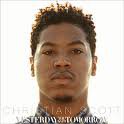
From the opening bars - a slightly discordant guitar and unsettling drums and knocks -- this album announces itself as something delivering the unexpected by a young jazz trumpeter out of New Orleans.
Scott, 27, and his smart young band here probe the edges of the avant-garde and free playing but always remain thoroughly grounded in the long tradition that reaches from Louis Armstrong and Miles Davis of the Eighties, with references (in guitarist Matthew Stevens' tonal sheens) to edgy ECM styles.
Among their originals they also offer a fascinating treatment of Thom Yorke's Eraser which shows you just how open-eared they are. There are two beautiful ballads here: Isadora on which Scott plays his specially designed trumpet with spare and languid beauty and the late night meditation of The Last Broken Heart (prompted by Scott's thoughts on gay marriage).
But it is the more astringent material which really impresses: that edgy opener KKPD (Ku Klux Police Department); the slightly melancholy and off-balance Angola, LA and the 13th Amendment (about the LA prison and slavery, with a disconcerting undercurrent from the rhythm section); the tonal and textural lyricism of American't; An Unending Repentance which also has some angular guitar and discordant qualities behind the soft trumpet . . .
The final piece The Roe Effect -- which has seen Scott have to bat around whether he is for or against abortion -- is a lovely and lonely piece of barely stated trumpet underscored by brittle guitar chords.
Recorded, mixed and mastered by Blue Note legend Rudy Van Gelder, this album has the sonic presence of some of the classic Sixties albums and Scott is on record saying he was inspired by albums like Dylan's Blonde on Blonde as much as politically engaged material by Coltrane and others.
Scott is one of the most interesting and innovative musicians of his post-Wynton generation and this excellent album should secure his place as a leader in jazz which is not only different, interesting and emotionally engaging but music with depth which invites political and social discussion. That makes him a very rare musician -- jazz or otherwise -- indeed.
Elsewhere also has an interview with Christian Scott.

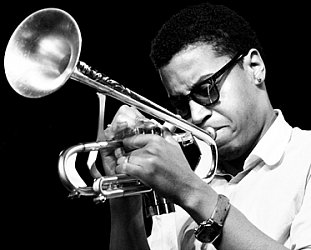

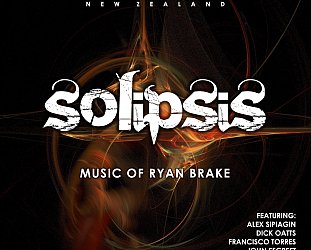
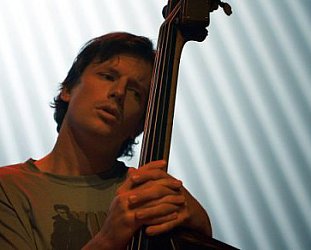
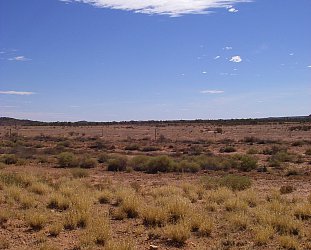
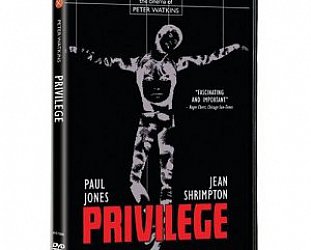
post a comment